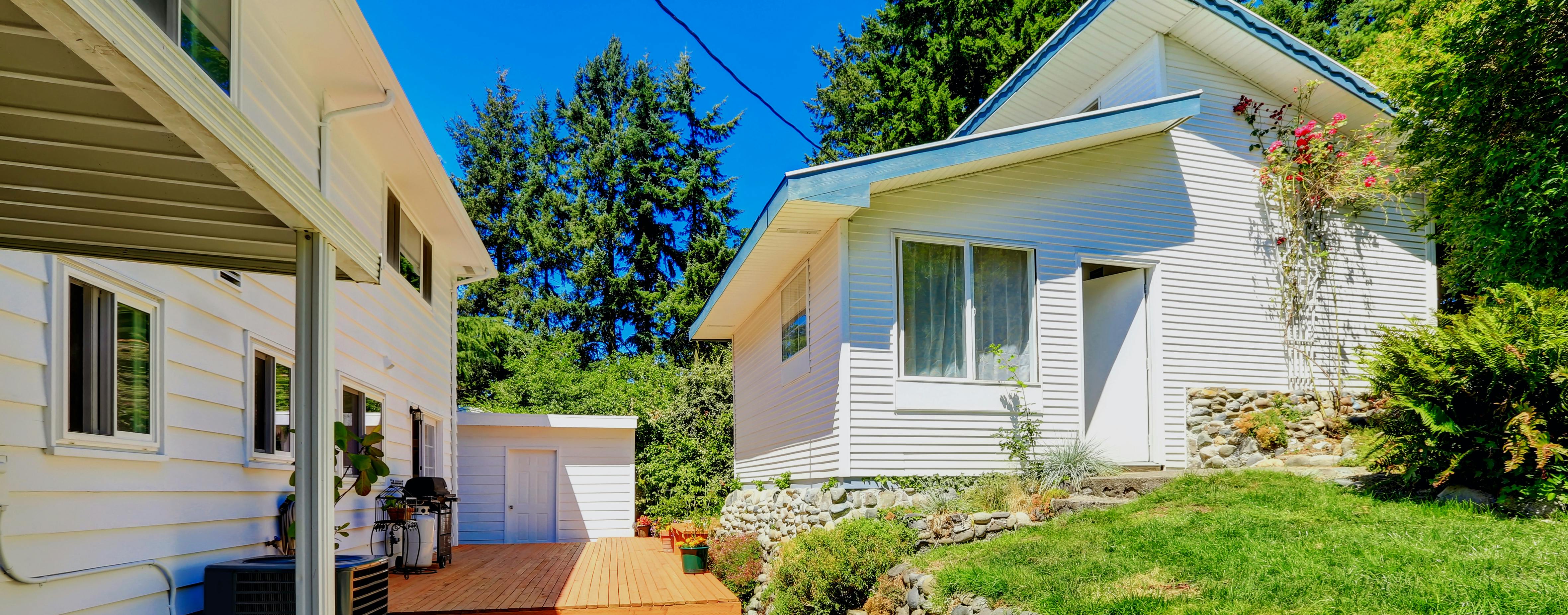FAQs
What is a Code Amendment?
The Planning and Design Code contains the planning rules and policies that guide what can be developed in South Australia. Planning authorities use these planning rules to assess development proposals.
A Code Amendment is a proposal to change the policies, rules, or mapping within the Code, which can change the way that future developments are assessed. Code Amendments must be prepared according to certain processes set out by legislation (the Planning, Development and Infrastructure Act 2016 and associated Regulations).
Code Amendments may be undertaken by a range of entities including the State Planning Commission, councils, state agencies, people who have an interest in land, or the Chief Executive of the Department for Trade and Investment. This Code Amendment is being undertaken by the Chief Executive of the Department for Trade and Investment.
What is ancillary accommodation?
Ancillary accommodation is the term to describe what are commonly referred to as granny flats.
Ancillary accommodation must be on the same allotment as an existing (or ‘primary’) dwelling, share the same utilities and be subordinate to this primary dwelling, and contain no more than 2 bedrooms (or rooms/areas capable of being used for a bedroom).
It also cannot currently be ‘self-contained’. While the fundamental elements of what makes accommodation ‘self-contained’ are not specified by the Planning and Design Code, ancillary accommodation is likely to be ‘self-contained’ if it has its own kitchen, bathroom and lavatory.
The definition of ancillary accommodation is found in Part 7 – Land Use Definitions of the Planning and Design Code.
What is student accommodation?
Student accommodation is the term used to describe a premises that houses students in rooms or dormitory style accommodation which include common facilities for shared use by student occupants (e.g. shared cooking facilities, recreation areas, shared laundry facilities or services, and/or bathroom facilities).
Like ancillary accommodation, student accommodation cannot currently be self-contained.
The definition of student accommodation is found in Part 7 – Land Use Definitions of the Planning and Design Code.
Why is the definition for ancillary accommodation being changed?
Given the current housing crisis, as well as the need for a greater range of housing options to support both housing affordability and ageing in place, the Code Amendment proposes to enable ancillary accommodation to be self-contained. This means that ancillary accommodation could have its own bathroom, kitchen and laundry.
The change is expected to increase the supply and diversity of affordable rental housing stock.
Why is the definition for student accommodation being changed?
Recent proposals for student accommodation have sought to incorporate small kitchenettes in individual dormitory units, meaning that these rooms would be considered self-contained, and therefore would no longer fall within the definition of student accommodation. The Code Amendment proposes to allow individual dormitory units to be self-contained, while ensuring that shared facilities, services, and common areas are still provided.
What else is being changed by this Code Amendment?
The Code Amendment proposes to include a policy that seeks that ancillary accommodation be set back less than 20 metres from the primary dwelling in the Rural Zone, Productive Rual Landscape Zone and Rural Horticulture Zone.
This policy currently applies for secondary dwellings in these rural-type zones to minimise the potential loss of land available for primary production through land fragmentation. It is considered appropriate to also apply this policy to ancillary accommodation.
This proposed policy change affects DTS/DPF 13.1 of the Design General Development Policies and DTS/DPF 19.1 in the Design in Urban Areas General Development Policies.
Are any other changes to the Code proposed?
No. Ancillary accommodation and student accommodation are assessed against a range of policies within the Code. Policies related to built form, floor area, setbacks, site coverage, common facilities and other matters are contained within the Code’s zones, subzones, overlays and general development policies. These policies are not proposed to be changed by the Code Amendment.
Will my property be affected by the proposed Code Amendment?
No, existing dwellings on your property will not be affected by the Code Amendment. If the Code Amendment is approved, any new proposals for ancillary accommodation or student accommodation will be assessed against the new framework.
What does “early commencement” mean?
This process is used when the Minister considers that the immediate application of the changes is necessary in the interests of orderly and proper development, and to counter applications for undesirable development ahead of the outcome of consideration of this Code Amendment by the Minister.
If a development application is lodged during the early commencement period, the application must be assessed against the previous version of the Code as well as the version of the Code that has commenced early. If the outcome of the assessment differs, a planning approval cannot be granted until the draft Code Amendment is no longer on ‘early commencement’.
Where can I find more information about this Code Amendment?
More information about the changes proposed in the Ancillary Accommodation and Student Accommodation Definitions Review Code Amendment is available on the PlanSA portal at: https://plan.sa.gov.au/en/ca/accommodation-definitions-review.


